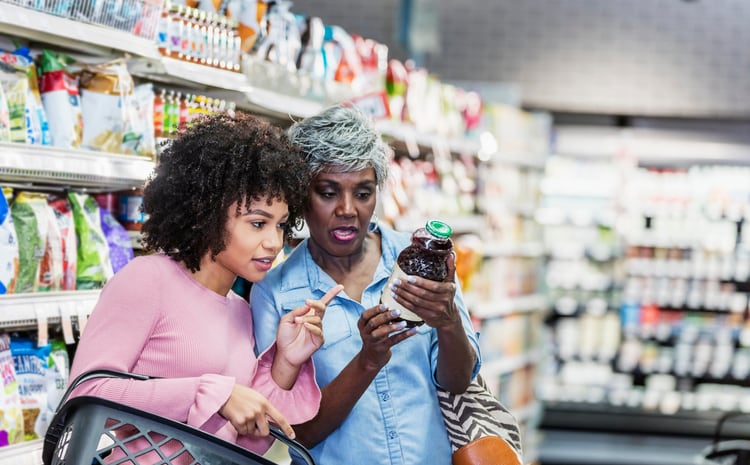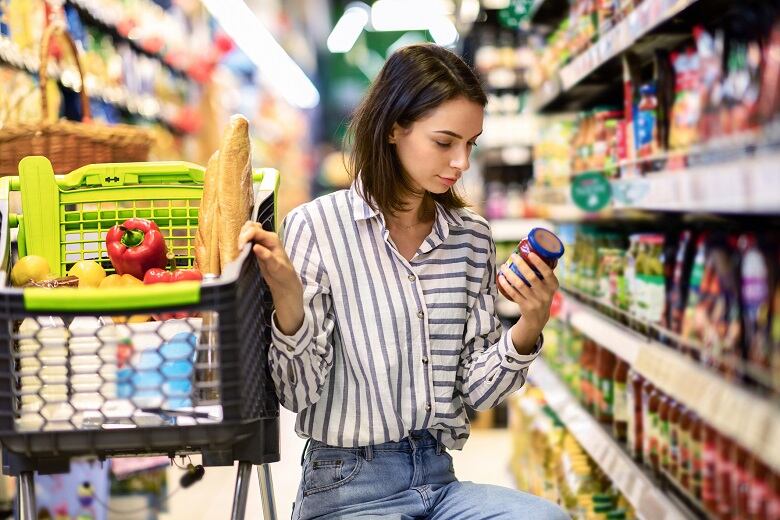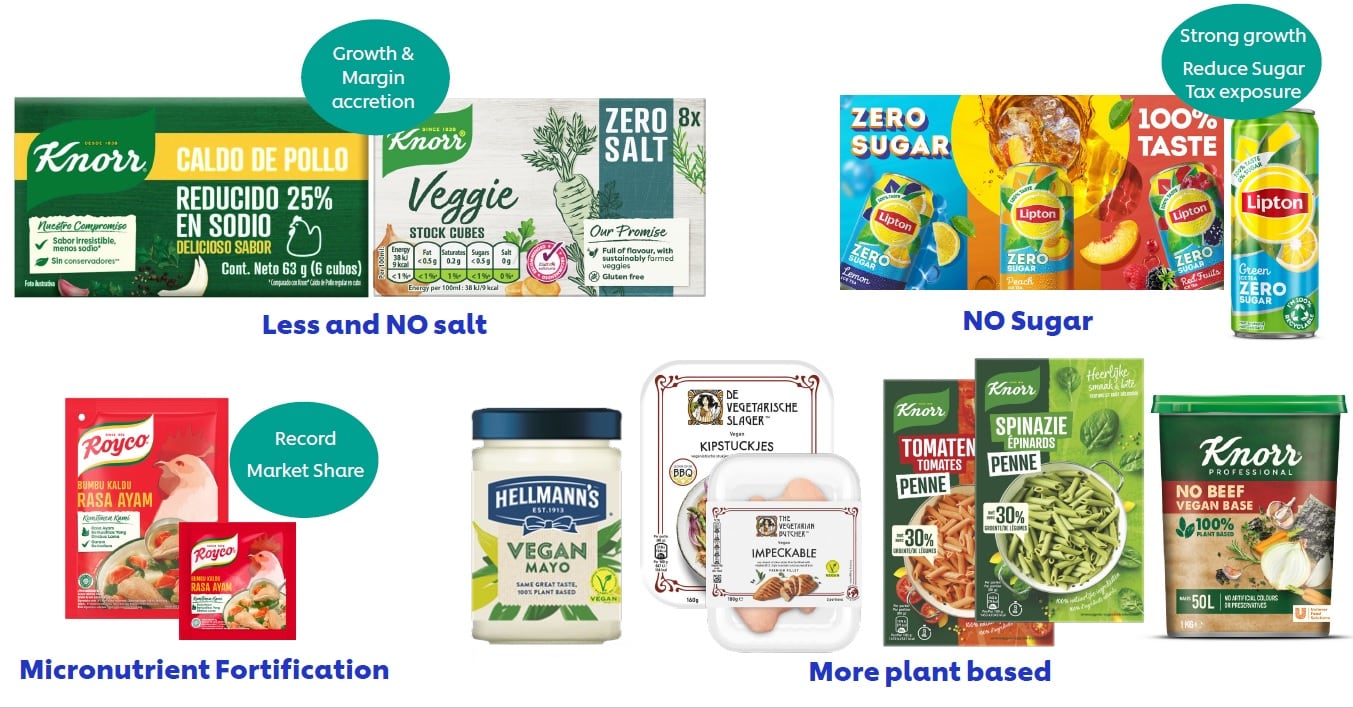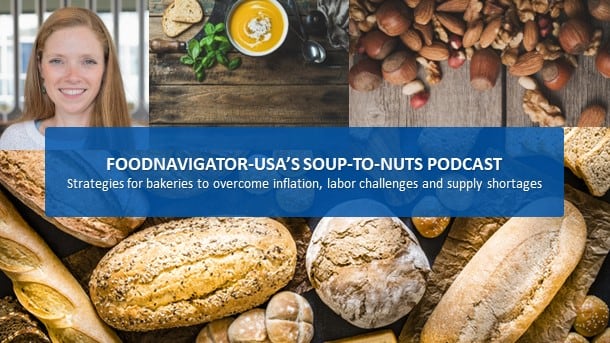And the additional amount many are willing to pay is more than enough to not only justify the pennies per dollar extra to create or reformulate products with clean labels, but to also generate a “significant margin of profit, and a very strong value proposition,” Daniel Haley, globally platform lead for clean and simple ingredients at Ingredion, told FoodNavigator-USA.
He explained that insights from 14,000 consumers across 30 countries collected in December and published early this year as part of ATLAS 2023 revealed nearly half of consumers (46%) would pay 20% to 30% more for product carrying a natural claim.
“When we translate that back to our ingredients, which when used in a product typically add only 2 or 3 cents per dollar to the final product, then the ability for the [manufacturer] or the retailer [making private label products] to make a much more significant margin of profit … cannot really be doubted,” he said.
What’s more, he said, the number of consumers who are reading product labels to check for no artificial ingredients, natural claims and organic claims are increasing.
“When it comes to food and beverage and clean labels, there are certain areas of clean labeling that certainly have seen the big net gains in consumer focus and behavior. Our research shows a 40% net gain in consumers wanting products only made with natural ingredients, a 43% gain in those checking labels, a 29% [net gain] in looking for products with no artificial ingredients and 24% gain in those looking for organic” since the first wave of ATLAS was conducted in 2020, Haley explained.
He acknowledged that not all consumers are willing to pay more though – about half are motivate solely by price – but, he added, offering premium clean label, natural products as part of a tiered branding approach gives manufacturers more ways to connect with a broader base of consumers’ whose reaction to the current economic environment increasingly is bifurcated.
Cleaning up labels is more than swapping one ingredient for another
Meeting rising consumer demand for clean label options isn’t as easy as simply swapping a particular ingredient in the product with one that is more attractive to consumers, Haley said.
Rather, he explained, strategically reformulating products with shorter lists of natural ingredients also creates an opportunity for brands to add more of what consumers are looking for, including what Haley calls health-plus benefits, such as gut-health, dietary fiber and immunity support, as well as sustainability and lifestyle claims.
These added values don’t have to add costs – in fact, Haley says, it can cut costs.
As examples, he points to two ingredients that Ingredion’s ATLAS survey showed were gaining popularity between 2020 and 2023.
The first is rice flour, which can be very basic but also multifunctional – effectively replacing undesirable modified starches across a wide range of products with an ingredient that is familiar. And, because of the very small granular size of rice flour, some brands can use it to create silky, rich and creamy textures that can replace more expensive ingredients, like cream or milk derivatives.
“That allows them to move to a clean formulation at a very low or limited cost impact,” Haley said.
Another example of a multifunctional, clean label ingredient gaining popularity is citrus fiber, which can deliver the health boost of fiber as well as act as a stabilizer or emulsifier that can replace less desirable and often more expensive hydrocolloids, Haley said.
He added that citrus fiber, which is upcycled from a would-be waste stream, also tells a compelling sustainability story, which the most recent ATLAS wave also shows is increasingly important to consumers – rising in importance above other ethical sourcing and animal welfare claims.
ATLAS predicts how clean label claims will play out within categories, regions
To better understand which combination of ingredients, claims, added benefits and other attributes consumers are willing to pay more for (and how much more they will pay), Ingredion incorporated into this wave of ATLAS a “conjoint simulator,” Halely said.
“It is so important to be able to really dig into the details of a claim within a category and at the regional level and to be able to understand what consumers pay more for, when they switch from another brand to the product that has certain attributes, whether they will be more or if the [manufacturer or retailer] will gain more market share” from clean label innovation and reformulations, he explained.
“Now, our studies really allow us to do this for the first time ever.”




